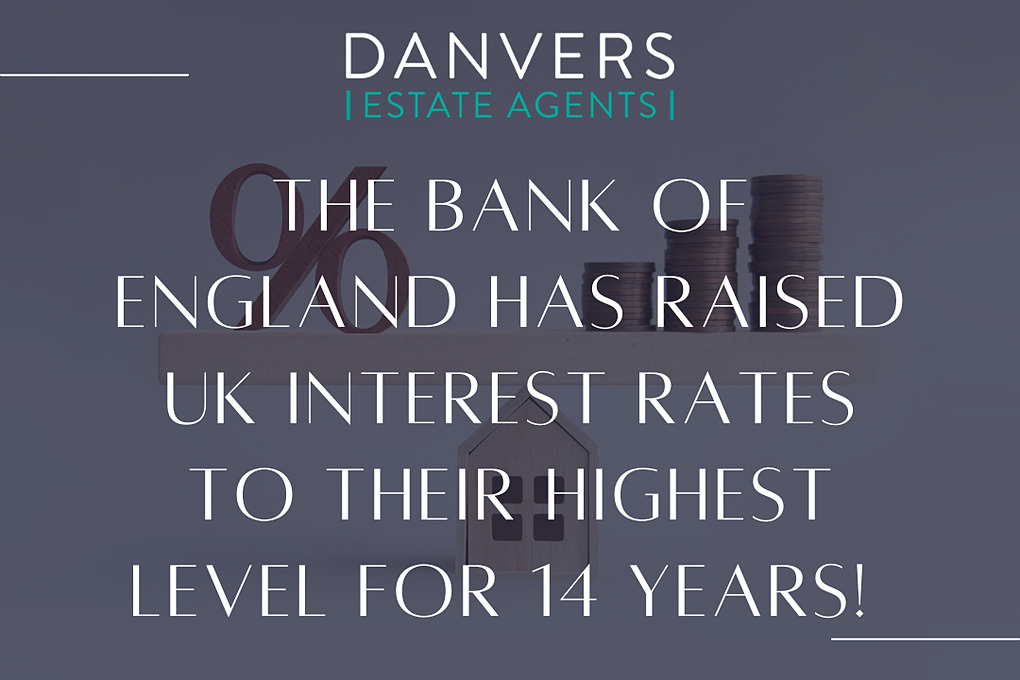It increased them to 3.5% from 3%, marking the ninth time in a row it has hiked interest rates.
The rise will mean higher mortgage payments for some homeowners and those with loans at a time when many people are struggling with the cost of living.
It should also benefit savers if banks pass on the higher rate to customers.
The Bank of England has been attempting to calm rising prices since the end of last year.
Inflation - the rate at which prices rise - has been increasing at its fastest rate for 40 years as the cost of food and energy soars.
Raising interest rates should, in theory, encourage people to borrow and spend less and save more. This should help bring down the rate of inflation.
Announcing its latest rise, the Bank indicated it was likely to continue to increase interest rates next year.
It means that homeowners with variable-rate mortgages or first-time buyers looking to get on the property ladder could face higher costs.
Following the most recent rate rise, people on a typical tracker mortgage will pay about £49 more a month while homeowners with a standard variable rate mortgage face a £31 jump.
The Bank of England has to balance increasing borrowing costs without causing the economy to slow too much.
The UK is already believed to be in recession due to the impact of soaring prices on businesses and consumers.
A recession is defined as when a country's economy shrinks for two three-month periods - or quarters - in a row.
Typically, companies make less money, pay falls and unemployment rises. This means the government receives less money in tax to use public services such as health and education.
However, the Bank said it believed the economy would perform better than expected between October and December - shrinking by 0.1% in the final three months of the year rather than 0.3% as previously thought.
It comes as millions of people are under pressure as the cost of living rises and wages fail to keep up.
 Like
Like